5 Simple Ways to Fix ERROR_DRIVER_PROCESS_TERMINATED
First, check the Event Viewer to understand the issue
5 min. read
Updated on
Read our disclosure page to find out how can you help Windows Report sustain the editorial team. Read more
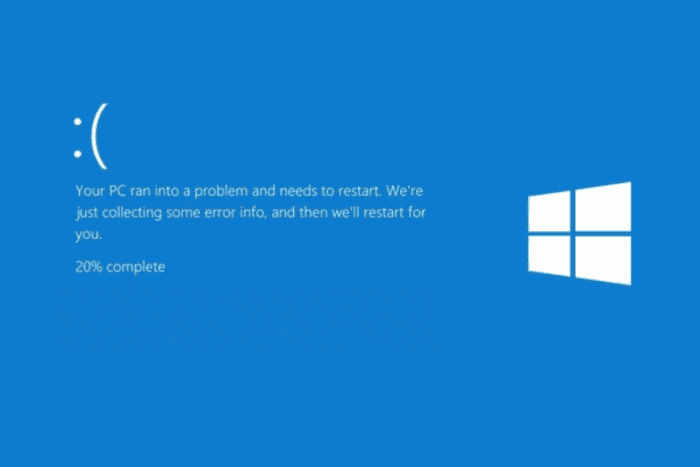
The ERROR_DRIVER_PROCESS_TERMINATED (1291 or 0x50B) message shows that the process hosting the driver for a particular device has unexpectedly terminated. It appears to be due to issues with the driver or the Windows OS itself.
First, reboot your computer. Sometimes, a simple restart can fix the problem. However, if you still see the message, you need to gather more information. To do that, press Windows + X, select Event Viewer, navigate to Windows Logs > System, and check for errors.
How can I get rid of ERROR_DRIVER_PROCESS_TERMINATED?
1. Perform a clean boot
- Press Windows + R to open the Run window.
- Type msconfig and click OK to open System Configuration.
- On the System Configuration window, navigate to the Services tab, place a checkmark next to Hide all Microsoft services, and click the Disable all button. This will ensure only non-Microsoft services are disabled.
- Go to the Startup tab and click the Open Task Manager link.
- On the Task Manager window, locate each Enabled item, select them one by one and click Disable. Note down all the startup items you have disabled; so that you can turn them back on later. Close Task Manager.
- On the System Configuration window, click Apply, then OK to save the changes.
- Click Restart to reboot your computer.
If you found out, there is nothing wrong with the services and the processes of the computer; reverse engineer these steps to disable clean boot.
2. Update/reinstall the problematic drivers
- Press Windows + R to open the Run window.
- Type devmgmt.msc and click OK to open the Device Manager app.
- Expand the categories one by one to find a device related to the problematic driver (to find it, look for a yellow triangle with an exclamation mark).
- Right-click it and choose Update driver from the context menu.
- Select Search automatically for drivers.
- Follow the on-screen instructions to allow Windows to find a suitable driver version for your device. You can repeat the process to update other problematic drivers.
If there is no update available, it is recommended that you reinstall the driver. To do that, follow these steps:
- Open the Device Manager app using the steps from the above method.
- Locate the problematic driver, right-click the driver, and choose Uninstall device from the context menu.
- Click Uninstall again to confirm.
- Once uninstalled, go to Action and select Scan for hardware changes to reinstall the driver.
If Windows cannot find a better version of your driver, you can manually install it from the manufacturer’s website or use a third-party driver updater tool to install the latest version on your computer safely.
3. Run the System file checker scan
- Press the Windows key, type cmd in the search box, and click Run as administrator to launch Command Prompt with elevated rights.
- In the Command Prompt window, copy & paste the following command to repair or restore the corrupted system files and hit Enter:
sfc /scannow - Wait for the scan to complete, then restart your computer to let the changes take effect.
4. Check for Windows updates
- Press Windows + I to launch the Settings app.
- Go to Windows Update, then click the Check for updates button.
- If an update is available, click Download & install to install it.
- You should check for driver updates; click Advanced options in Windows Update.
- On the following screen, locate Additional options and click Optional updates.
- If an update is available, select it and click Download & install.
5. Perform a system restore
 NOTE
NOTE
- Press the Windows key, type control panel in the search box, and click Open.
- Choose Large icons for View by, then select Recovery.
- On the following screen, click Open System Restore.
- Select Choose a different restore point in the System Restore window and click Next.
- You will see the list of available restore points. Click to select the oldest or most recent restore point from when your computer was functioning correctly, then click Next.
- Click Finish to start the restoring process.
Windows will restart and restore the system settings to the version you selected. This process may take some time, so don’t turn off your computer. Once your computer restarts, head to Settings, click Windows Update, and then Check for Updates. If an update is available, Click Download & Install to install the latest Windows updates.
If you see the System Restore message wasn’t completed successfully after the restart, we recommend you check out this informative guide for solutions.
In case nothing has worked for you to fix ERROR_DRIVER_PROCESS_TERMINATED, we suggest you reset your PC or reinstall the operating system.
Did we miss any methods that helped you fix the ERROR_DRIVER_PROCESS_TERMINATED issue? If so, please mention them in the comments section below. We will add them to the list.
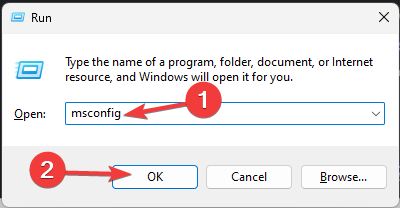
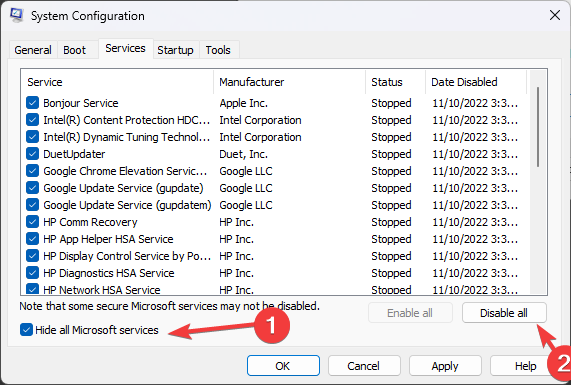
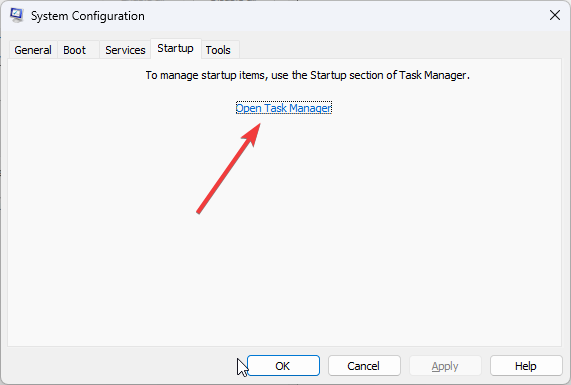
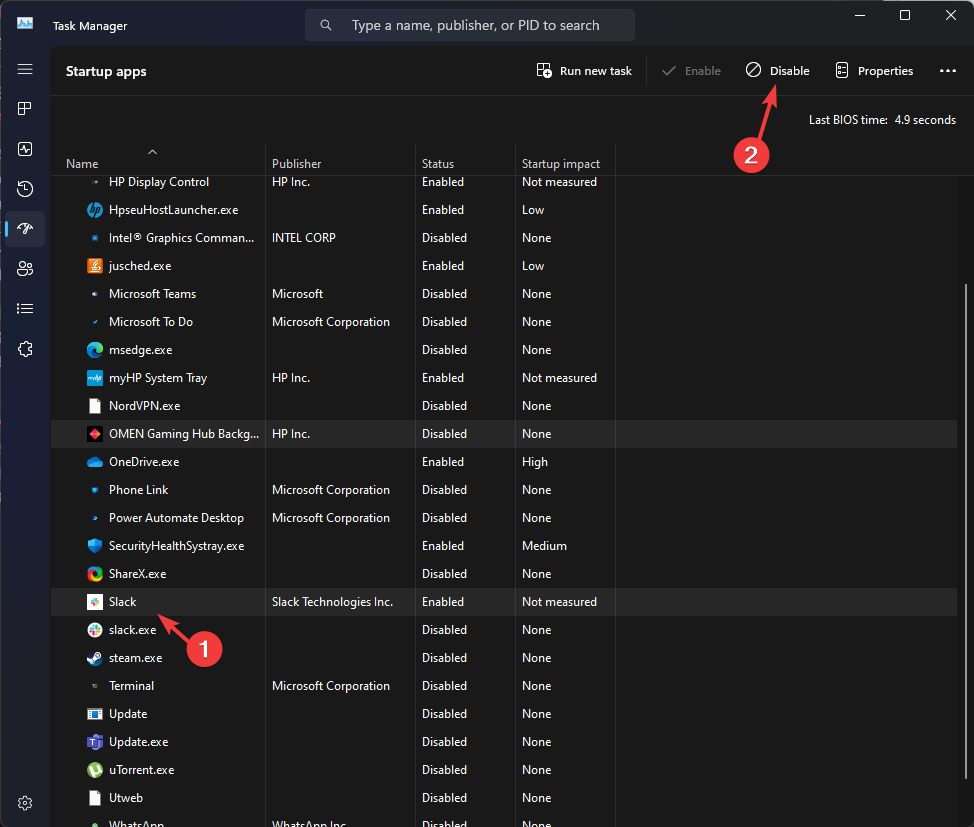
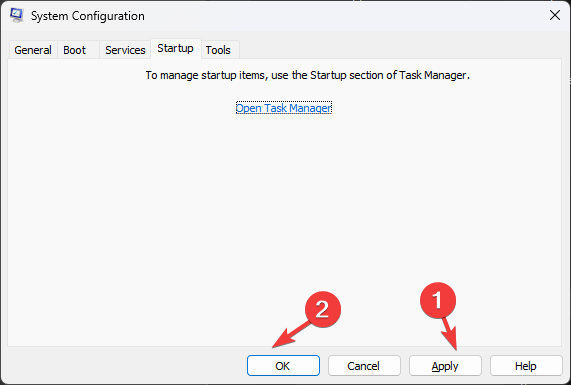
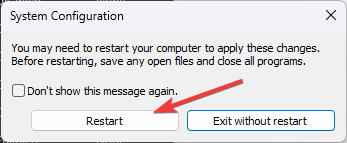
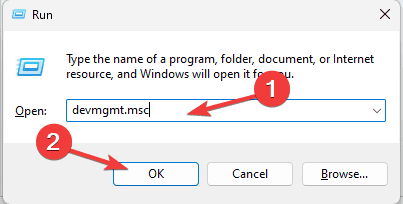
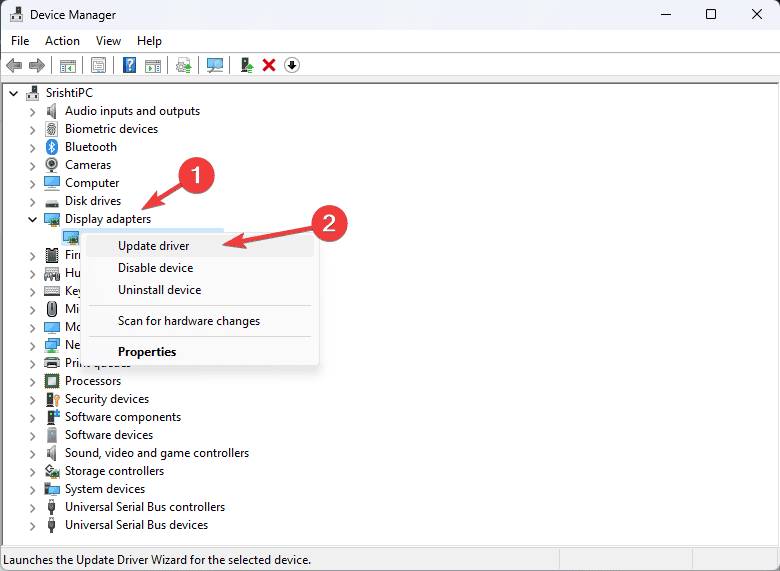
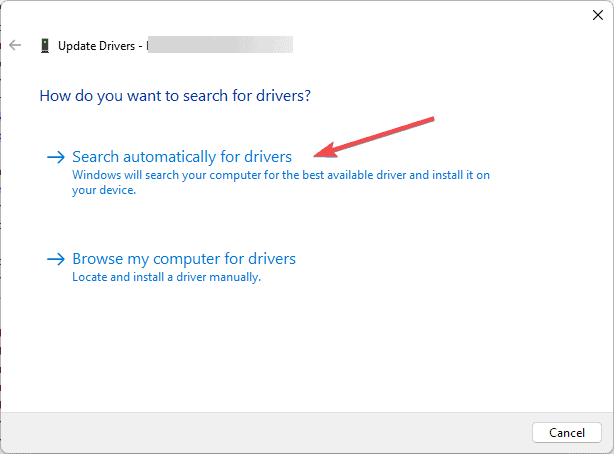
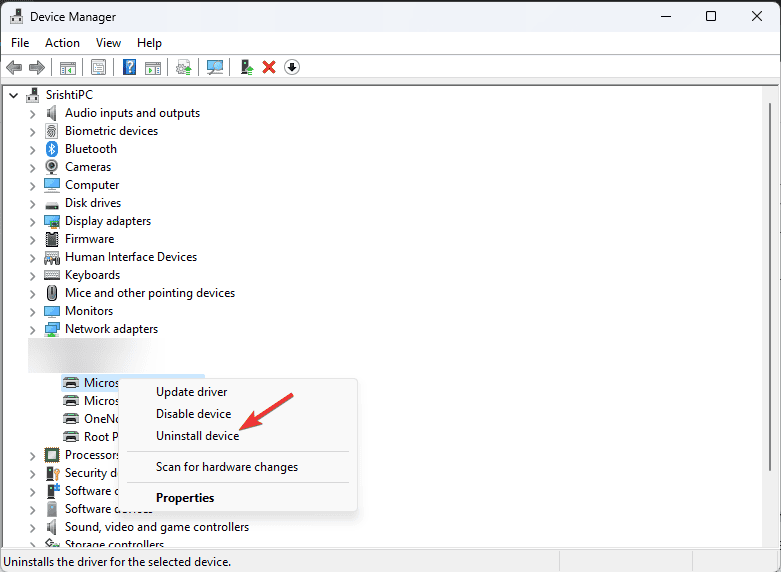
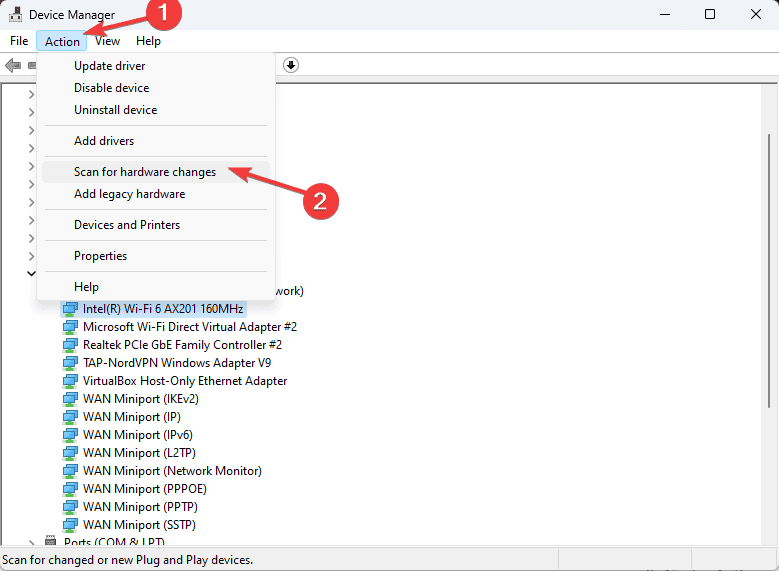
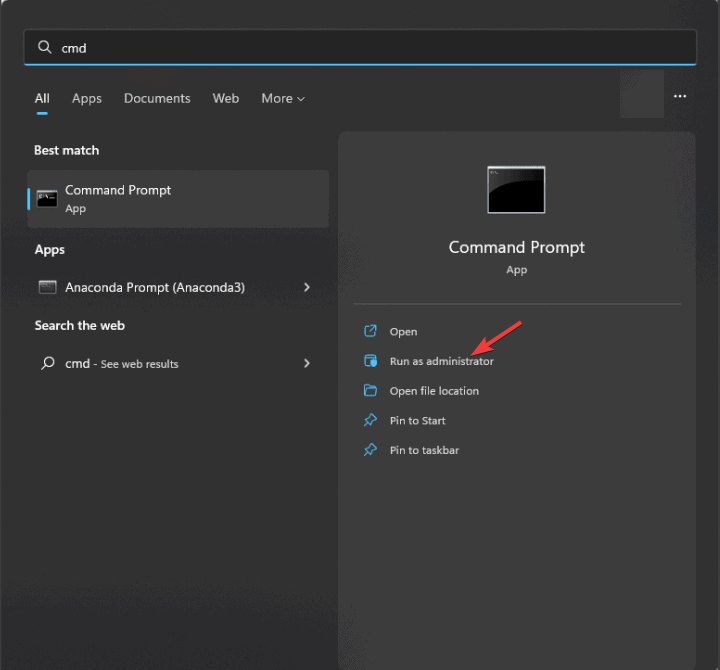
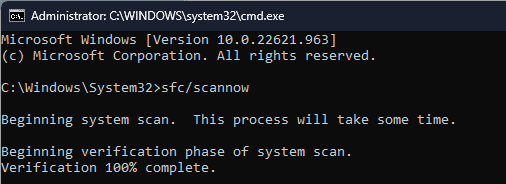
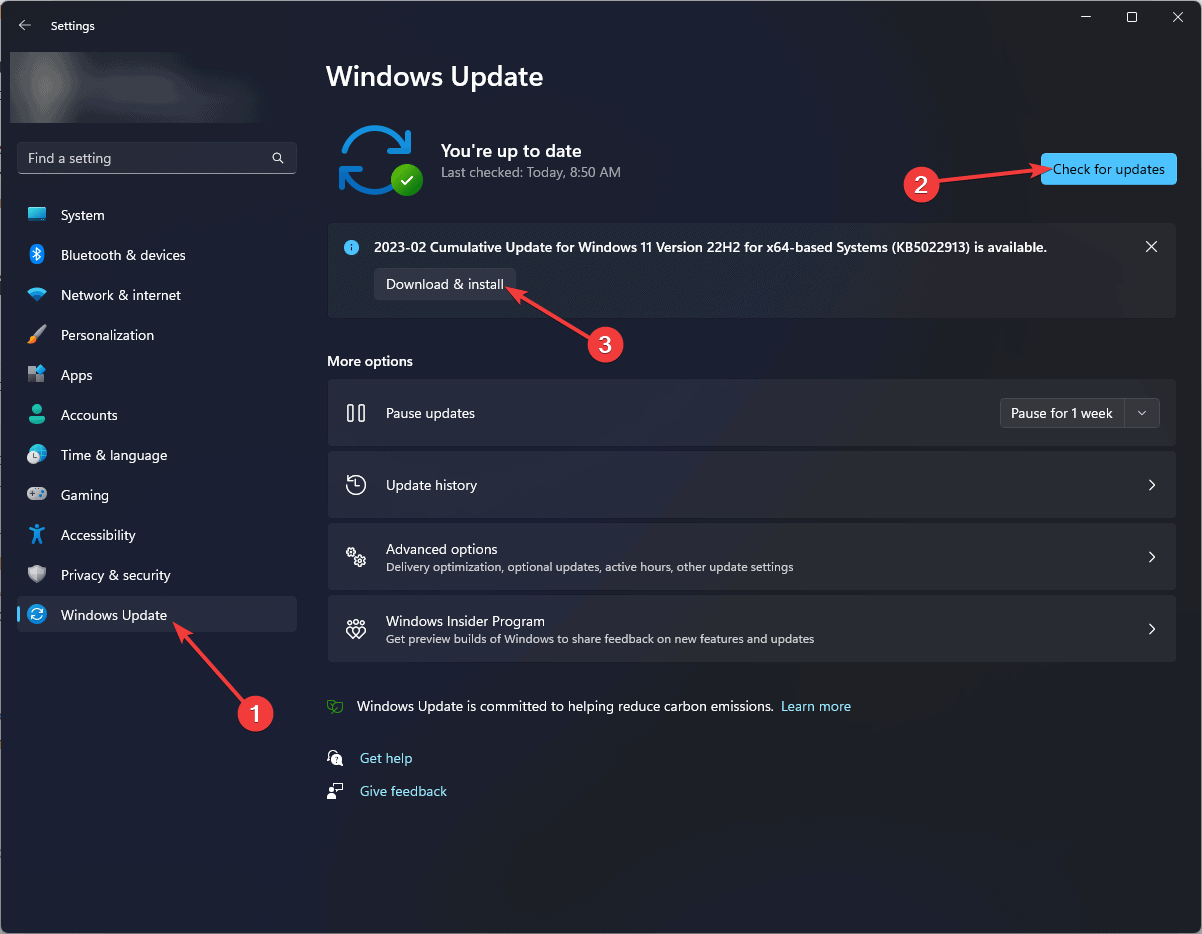
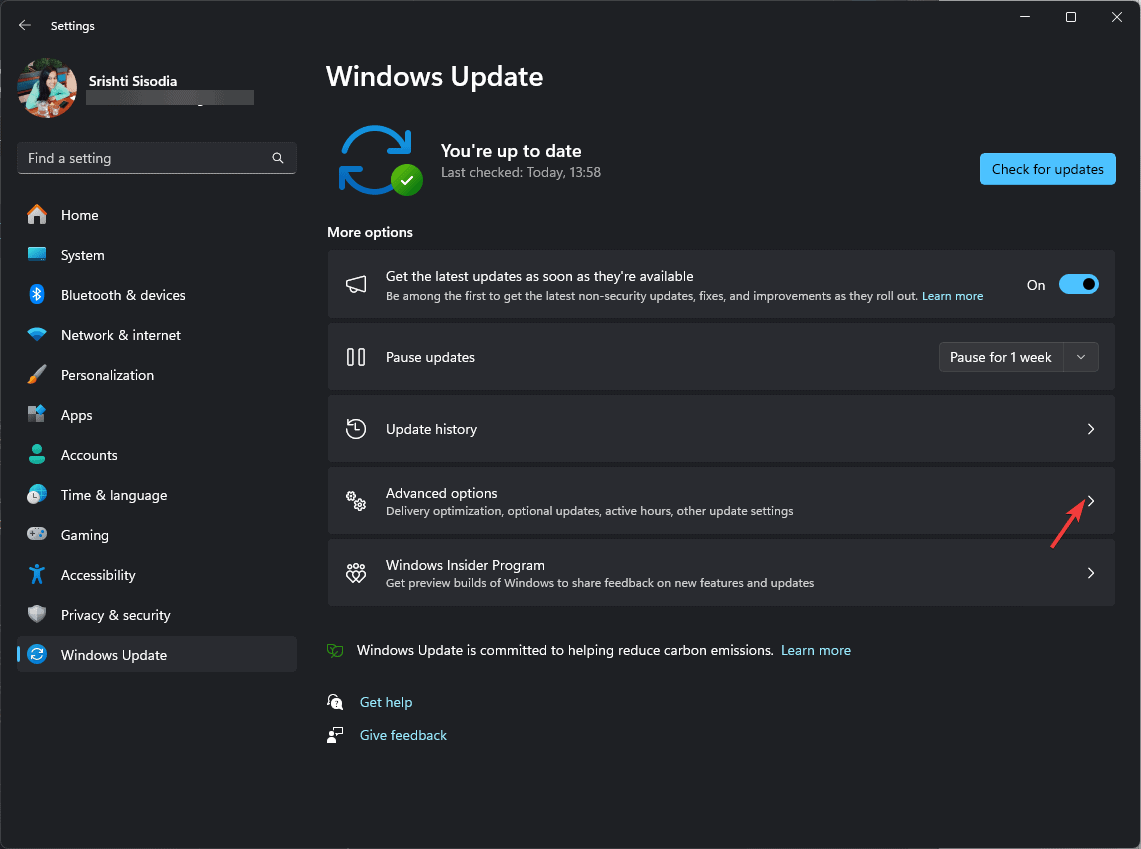
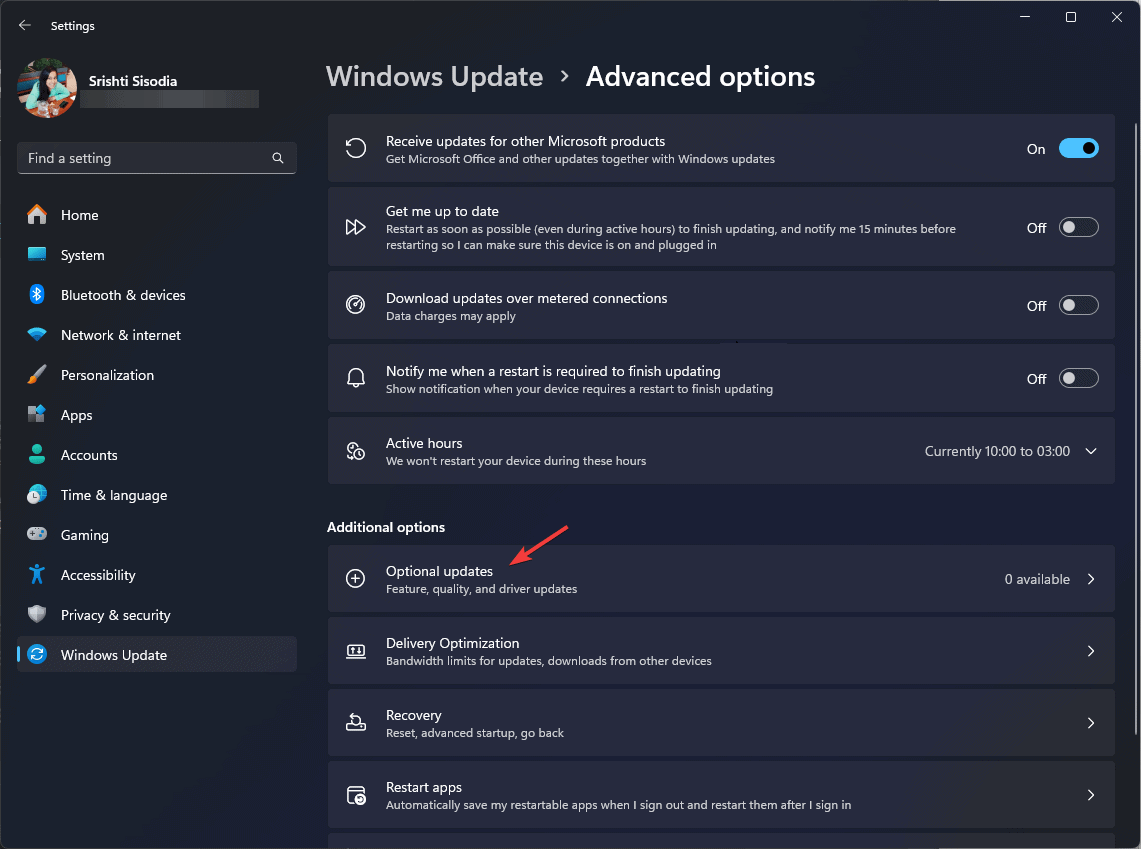
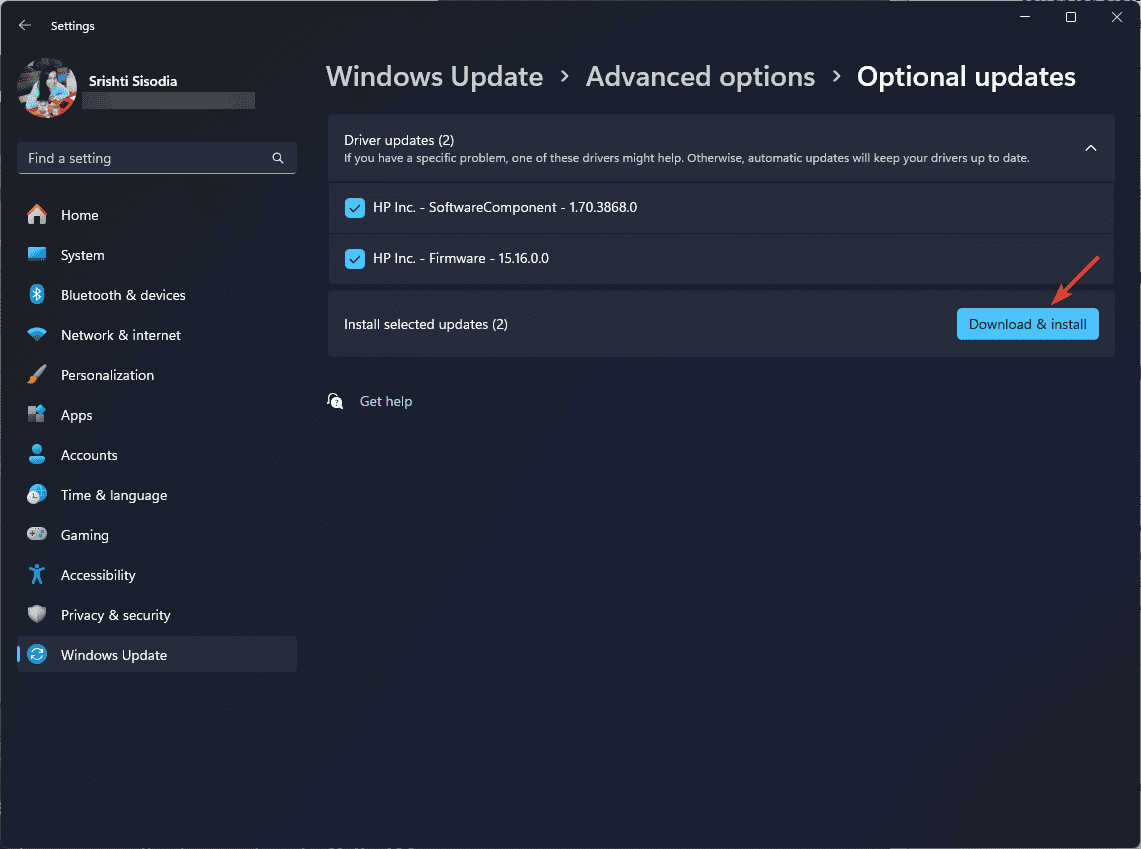
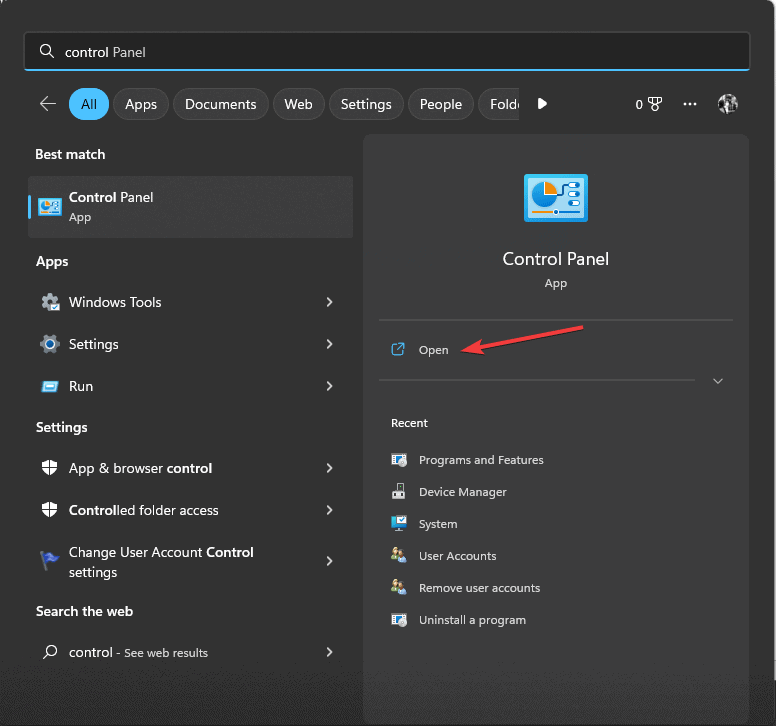
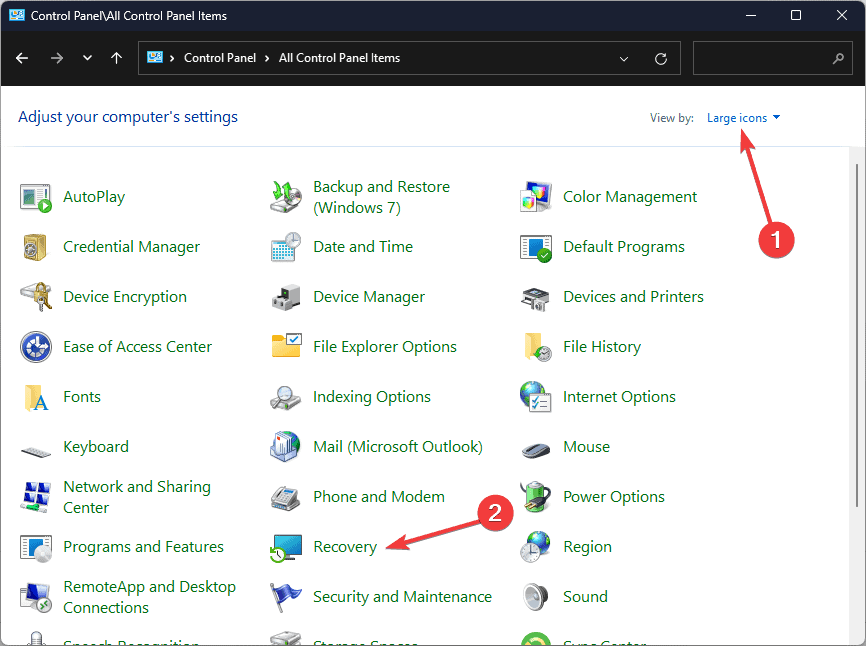
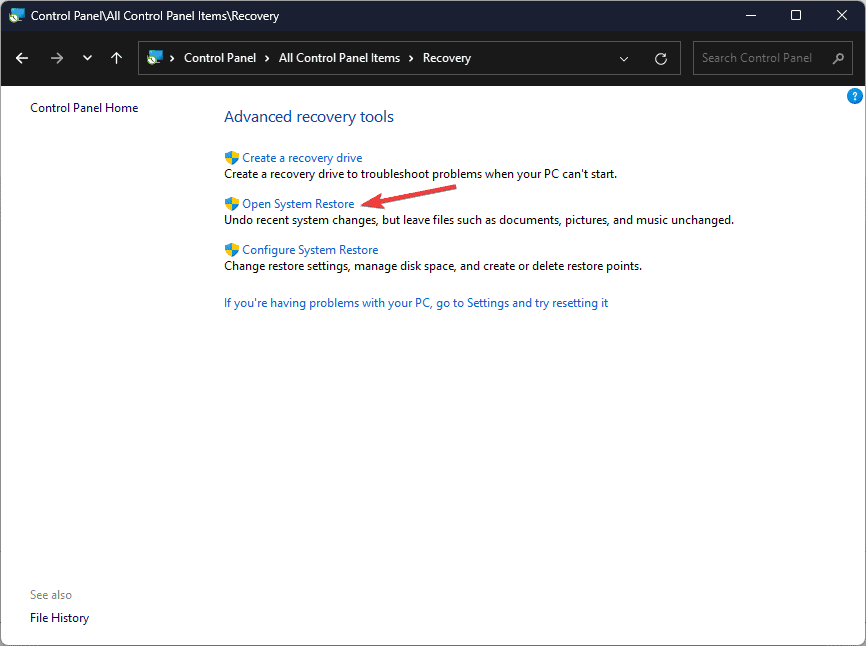
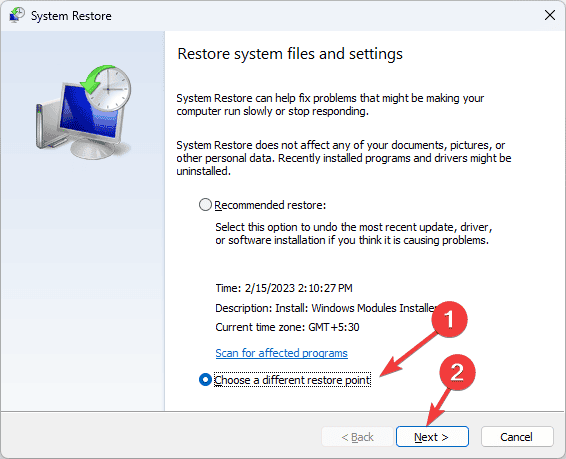
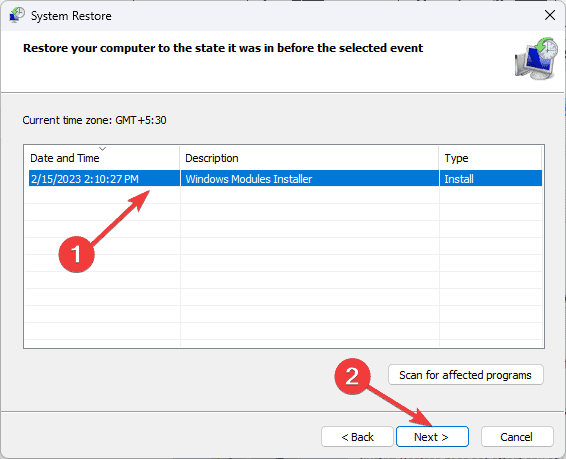
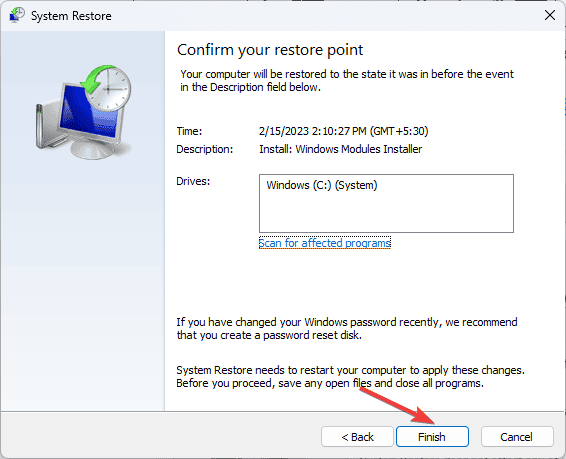
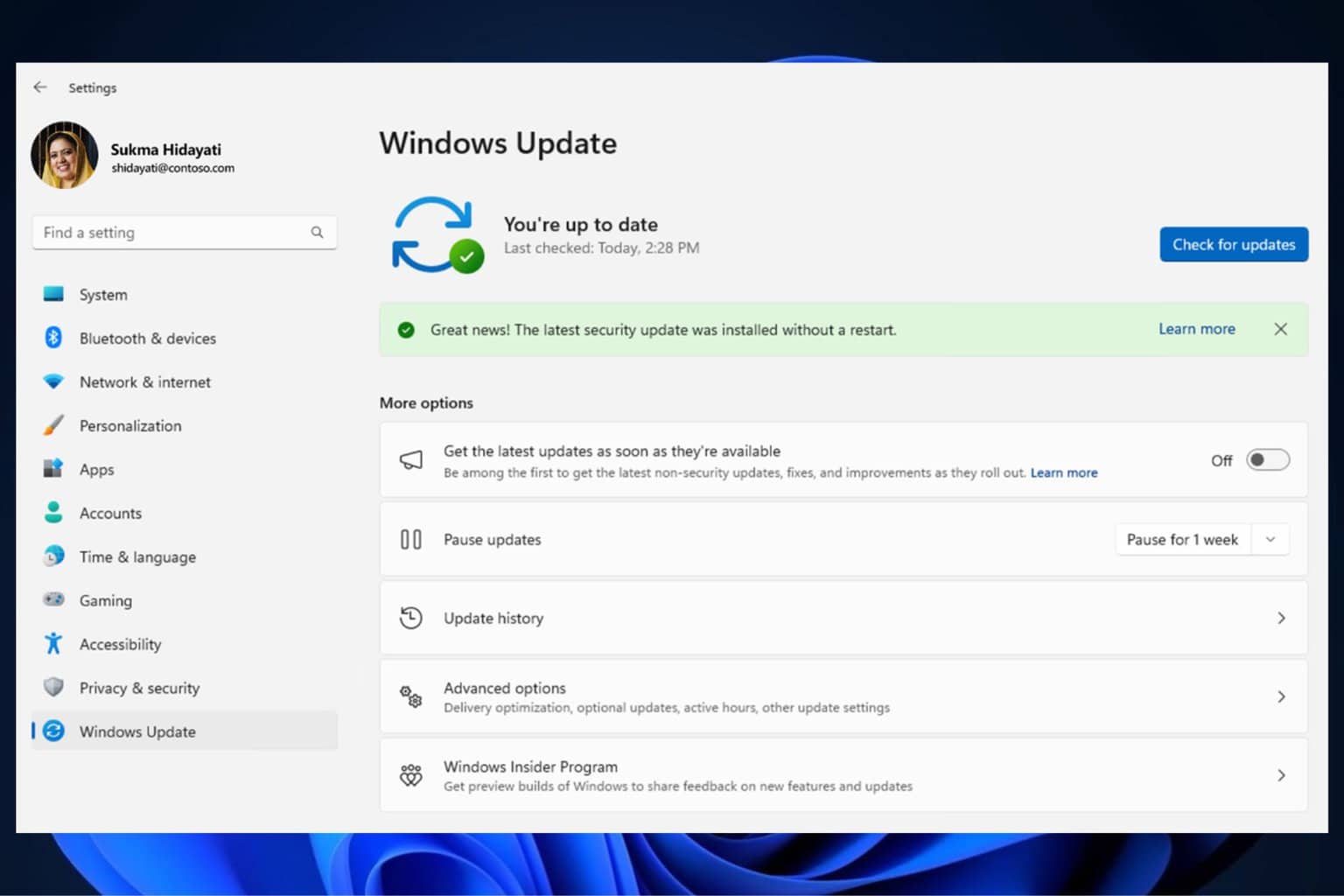
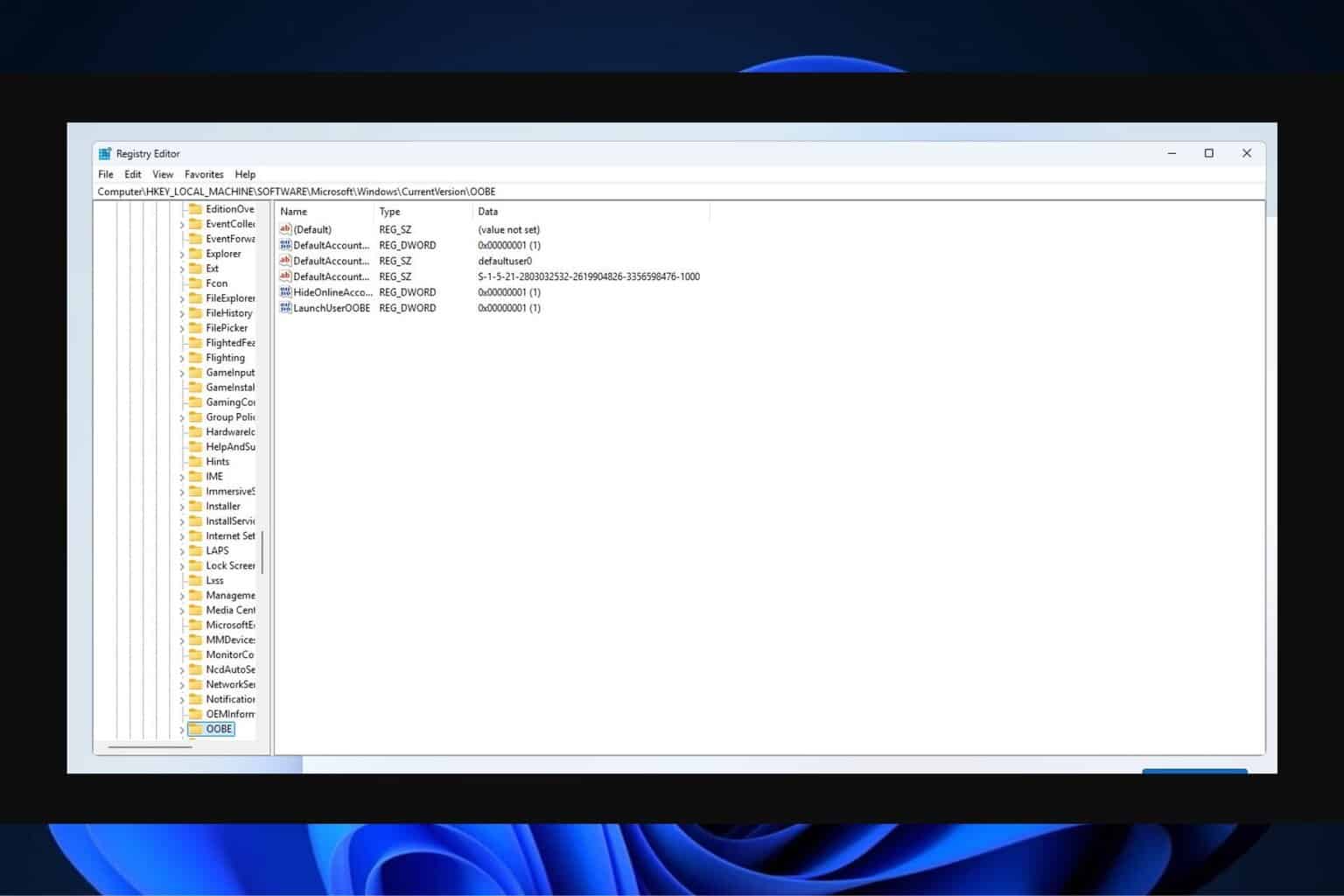
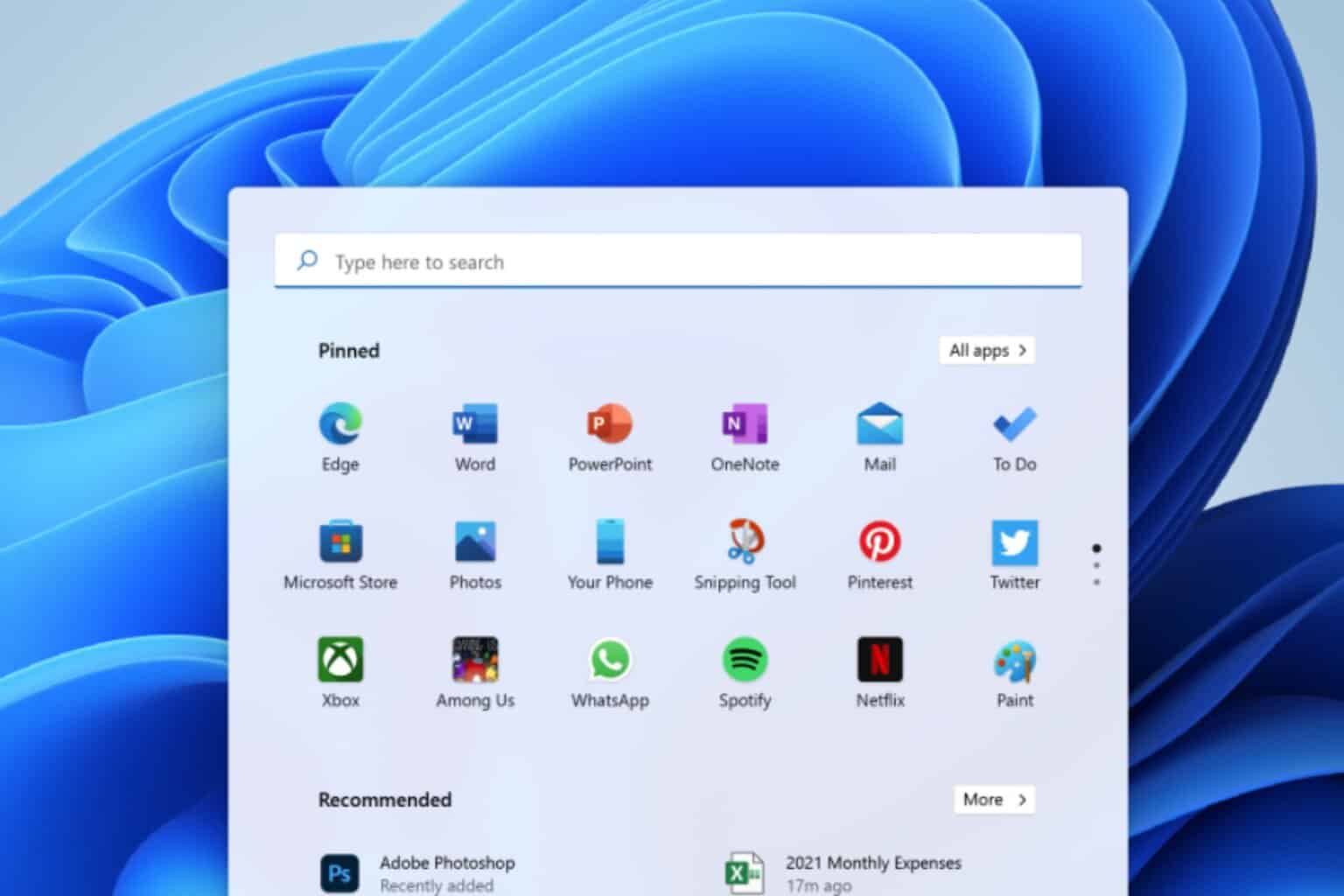
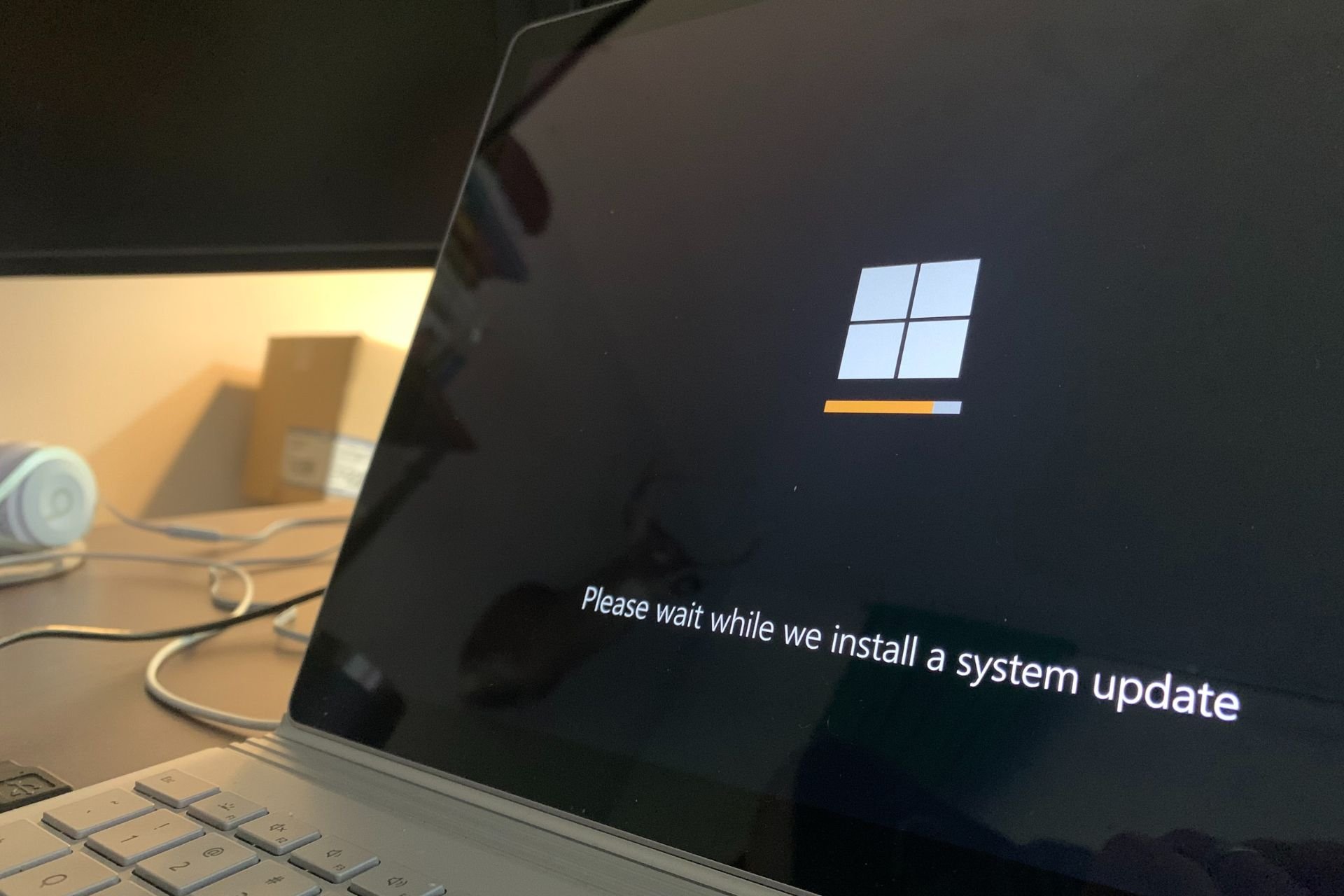
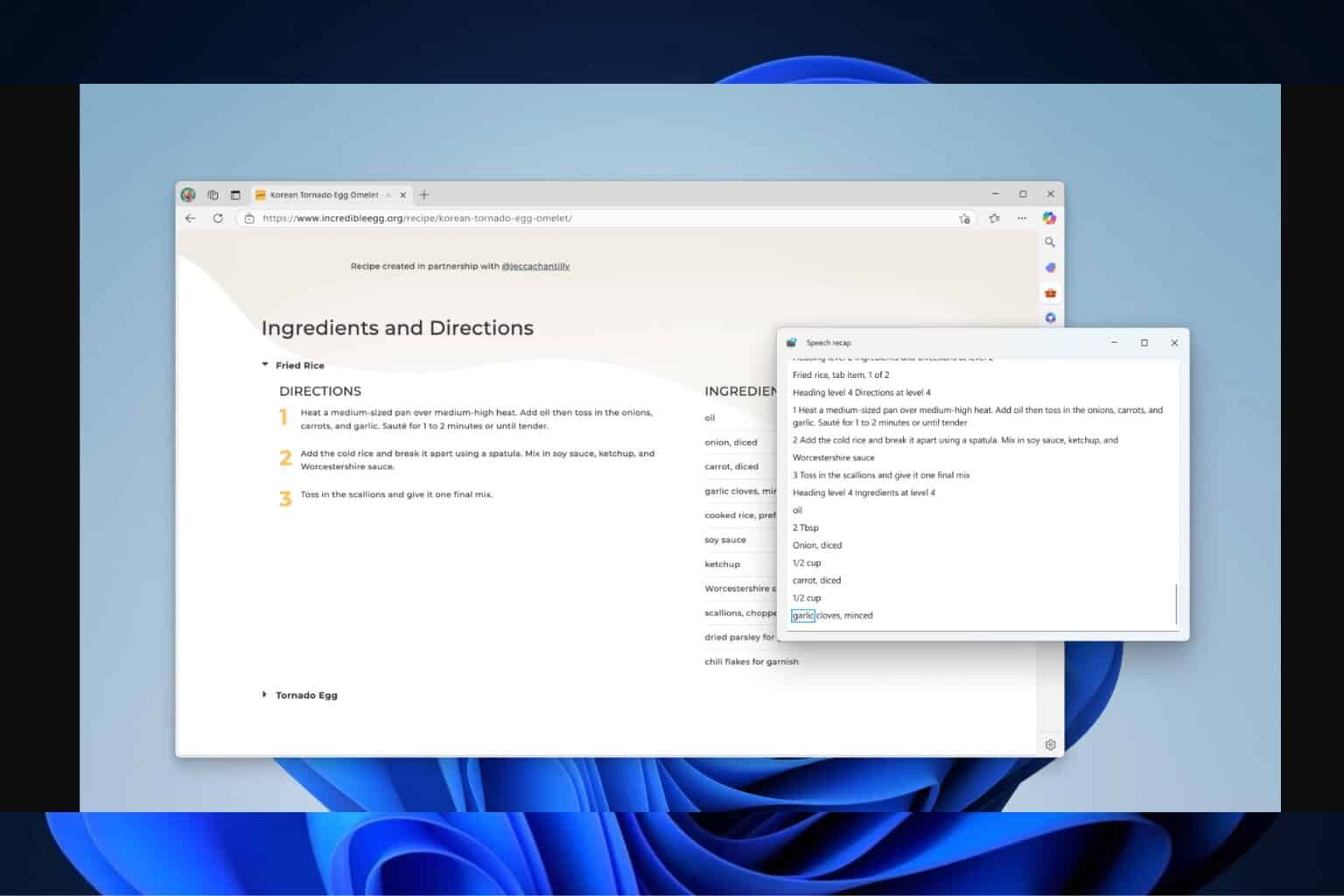
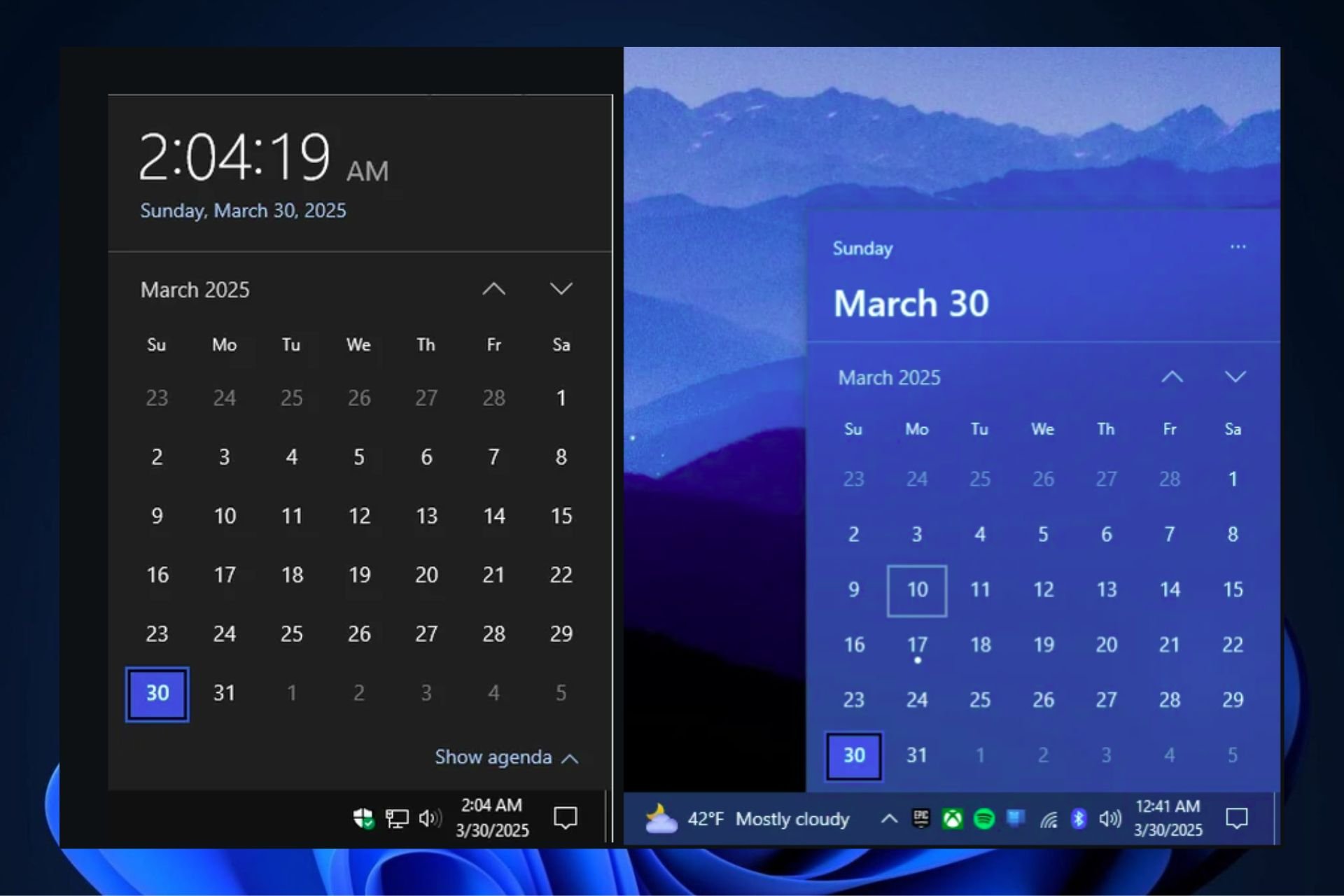
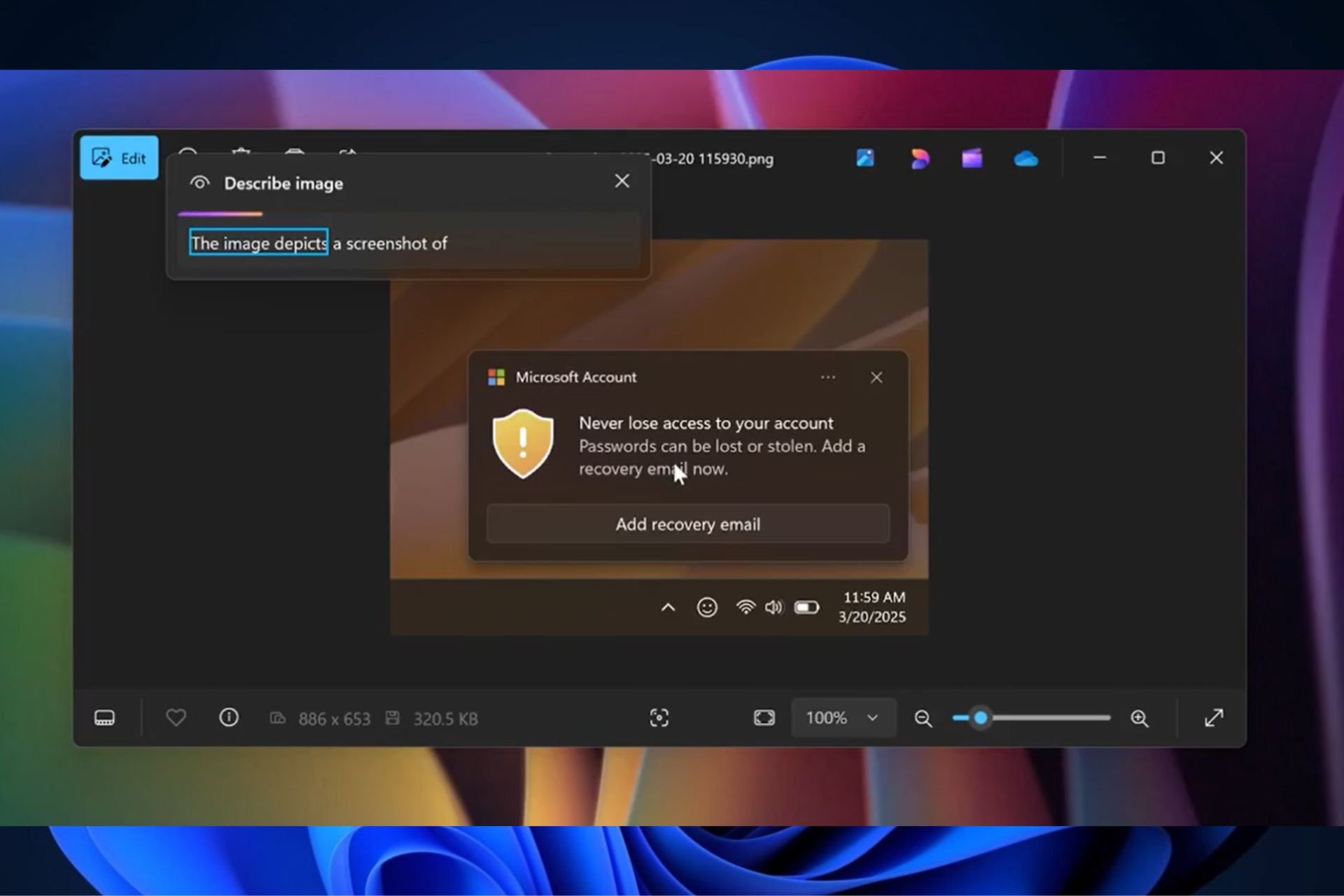
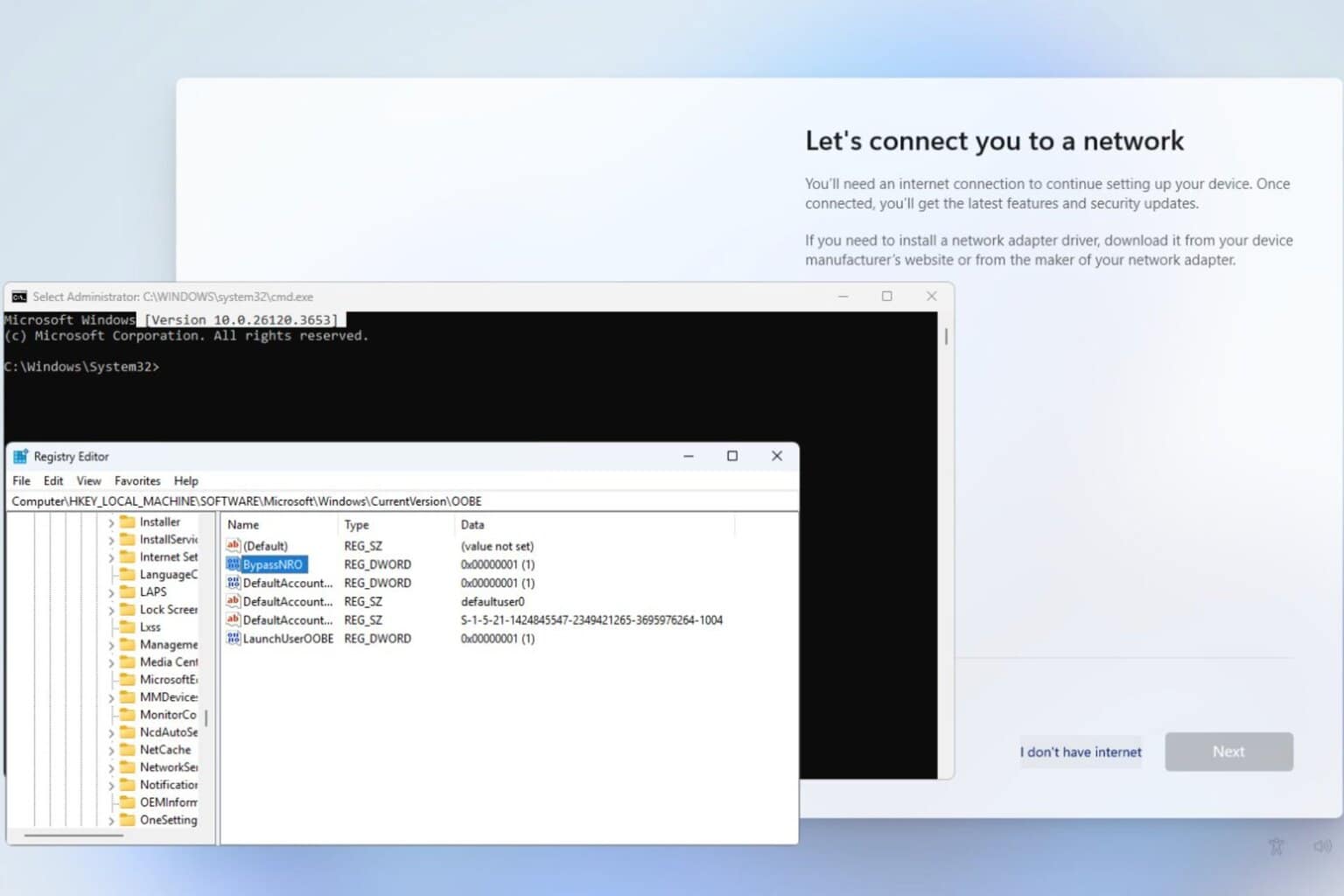
User forum
0 messages